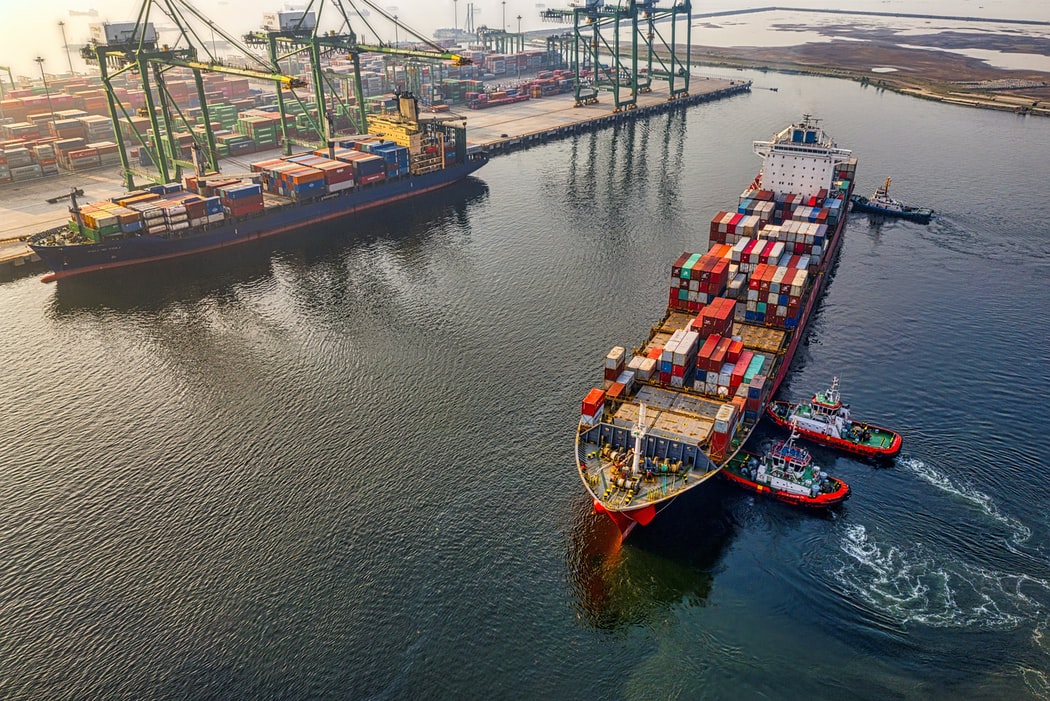The Trade Office’s Agency of Industry and Security (BIS) as of late raised the stakes by presenting Military Knowledge End-Use (MIEU) Export Control Compliance rules to additional nearby a monetary ill defined situation being abused by nations of concern – China, Russia and Venezuela, among others—to get to delicate and arising innovations.
The extended drive additionally trains in on China’s supposed military-common combination procedure of drawing accidental organizations into business bargains that at the same time advance Beijing’s financial just as military objectives.
This comes hard behind the BIS uncovering the Tactical End Use/Client (MEU) law toward the finish of last year, under which organizations require an export permit for shipping things covered under Supplement No. 2 to EAR Section 744 to China, Russia, Venezuela, and, all the more as of late, Burma. These things remember arising advances for elite PCs, media communications hardware, route and flying gadgets, marine gear, space impetus frameworks, progressed materials handling instruments, and certain synthetic compounds, miniature life forms, and poisons.
Also, organizations are needed to ensure they are not going into transactions with assigned military end clients, principally from China and Russia, by evaluating for denied and confined gatherings against a MEU list, as nitty gritty in Supplement No. 7 to EAR Section 744.
Like the MEU law, the new MIEU export control covers China, Russia, and Venezuela, alongside those recorded in BIS’ country bunches E1 and E2 (Cuba, Iran, North Korea and Syria).
The BIS, in its FY2020 yearly report explanation from Business Secretary Wilbur Ross, hailed China in light of its “military-common combination endeavors’. The U.S. State Division, in the meantime, portrayed Beijing’s endeavor to unlawfully access double use skill as a way to turn into the “most mechanically progressed military on the planet.”
Military Knowledge End Client Characterized
The BIS’ meaning of “military-insight end-clients” is direct, practically ruling out translation. Military-insight end-clients are characterized as individuals who are important for government knowledge and observation associations. Set forth plainly, associations representing military administrations, the public watchman, or official insight divisions, fall under the domain of this standard.
Distinction between the MIEU and MEU Export Control rules
The principle distinction is that MIEU rules preclude exports without a permit of any things subject to the Export Organization Guidelines (quite, additionally those falling under EAR99) where such shipments are known to be proposed for a tactical insight end use or military knowledge end client. This incorporates “support” exercises, for example, working with the development of merchandise and innovations and the presentation of administrations and business work.
Conversely, the MEU law isn’t as wide, just covering explicit gatherings of things under Supplement to EAR Section 744. In any case, the end client for this situation can incorporate any associations which support military end use. Instances of these associations are business ventures, colleges, research foundations, which are not normally related to the military.
Limited Exercises
The Tactical Insight End Use/Client rules are an expansion of the Export Control Change Demonstration of 2018 (ECRA). It was particularly eminent for expanding the scope of use of limitations from simply exports of merchandise to exercises of U.S. substances Maritime sanctions services for trade compliance. At the end of the day, not exclusively is the development of genuine products subject to limitations, yet in addition the exercises of any U.S. element (which means either an individual or an association) that might be engaged with the exchange, shipment, installment, administration, or some other type of agreement, relating to exports that the element knows may help or profit (either straightforwardly or by implication) a military-insight end client or end use.
This is an amazingly wide definition that can possibly be extended to fit practically any situation. The plan of a particularly extensive definition is unequivocally to dissuade any unlicensed exports that may help unfamiliar organizations and governments considered to be contradictory to American public interests.
The Requirement for Continuous Watchfulness
The essential takeaway from the carry out of these new U.S. export limitations ought to be the need for continuous consciousness of steadily changing export compliance guidelines. As the U.S. government (just as purviews all throughout the planet) keep on carrying out more thorough export controls, the duty set on associations working in the worldwide commercial center to stay consistent keep on developing also.
Successful export control compliance, in this way, requires profound information on the items being exported just as who the clients are, the place where the boat to advertise is and what is the planned end use.
To assist organizations with dealing with their export compliance hazard all the more successfully, there are arrangements accessible for confined gathering screening, export characterization, permit assurance and the board, and authorized gathering proprietorship screening, all of which can assist associations with guaranteeing they are not falling afoul of the new export compliance guidelines. Having appropriate and exhaustive export compliance measures set up can assist associations with staying the right half of the law, and keep away from likely awful press, fines, and other monetary and reputational harms that infringement of export guidelines may bring about.


